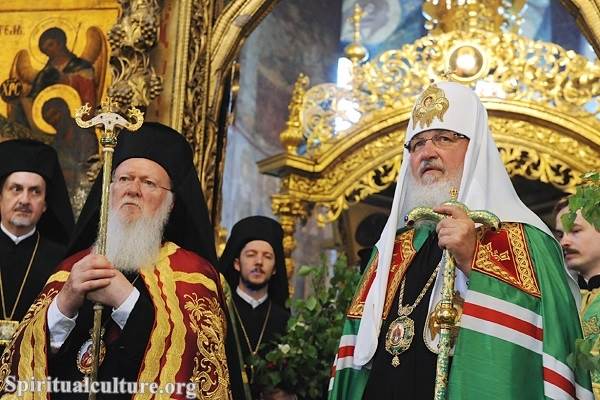The story of Moses is one of the most significant narratives in Judaism. It’s a tale that illuminates the power of faith, perseverance, and divine intervention. As we delve into the life of Moses, we’ll explore how this story continues to shape the Jewish faith and how it has influenced cultures worldwide.
Moses: The Early Years
Born into an era of oppression, the story of Moses begins with his life as a Hebrew child in Egypt. The Pharaoh, fearing the increasing population of the Israelites, decreed that all newborn Hebrew boys be killed. Moses’ mother, however, defied this edict and hid her son in a basket on the River Nile. The Pharaoh’s daughter found him, took him in, and raised him as her own.
Moses, despite his royal upbringing, never forgot his roots. As an adult, he killed an Egyptian slave master who was beating a Hebrew slave. Fearing for his life, Moses fled to Midian, where he lived as a shepherd until he encountered God in the form of a burning bush.
The Call to Deliverance
The encounter at the burning bush marked a turning point in the story of Moses. God commanded Moses to return to Egypt and free the Israelites from slavery. Despite his initial resistance due to his self-confessed lack of eloquence, Moses, with his brother Aaron, confronted the Pharaoh, demanding the release of their people.
The Pharaoh’s stubborn refusal led to the ten plagues, a series of divine calamities that devastated Egypt. Only after the tenth plague, the death of all firstborn sons in Egypt, did the Pharaoh relent and release the Israelites.
The Exodus and the Ten Commandments
The release marked the beginning of the Exodus, a pivotal event in the story of Moses and Judaism. Guided by God, Moses led the Israelites out of Egypt and through the Red Sea, which miraculously parted to provide them a safe passage.
At Mount Sinai, Moses received the Ten Commandments, the moral and religious laws that form the backbone of Jewish ethics and worship. These laws included the prohibition of idolatry, murder, theft, and bearing false witness, as well as the observance of the Sabbath.
Moses: The Legacy
The story of Moses is central to Judaism, not just as a historical narrative, but as a testament to the power of faith and the promise of liberation. Moses is seen as a prophet, lawgiver, and a leader who, despite his initial reluctance, answered God’s call and led his people to freedom.
Moses is also revered for his role in establishing a covenant between God and the Israelites. The Ten Commandments, received at Sinai, are seen as the terms of this covenant, binding the Jewish people in a unique relationship with God. This covenant, and the laws it encapsulates, continue to guide Jewish life and practice.
Moreover, the Exodus, under Moses’ leadership, is viewed as a defining moment in Jewish identity. It is a powerful narrative of liberation from oppression, a theme that resonates in Jewish liturgy and tradition. Passover, one of the most important Jewish festivals, commemorates the Exodus and the deliverance of the Israelites.
The story of Moses, thus, is far more than an account of a historical figure. It is a narrative that tells of faith, courage, and liberation. It is a story that has shaped, and continues to shape, the identity and beliefs of the Jewish people. Moses’ legacy, therefore, remains a vital part of Judaism, inspiring generations with its timeless message of hope and deliverance.


